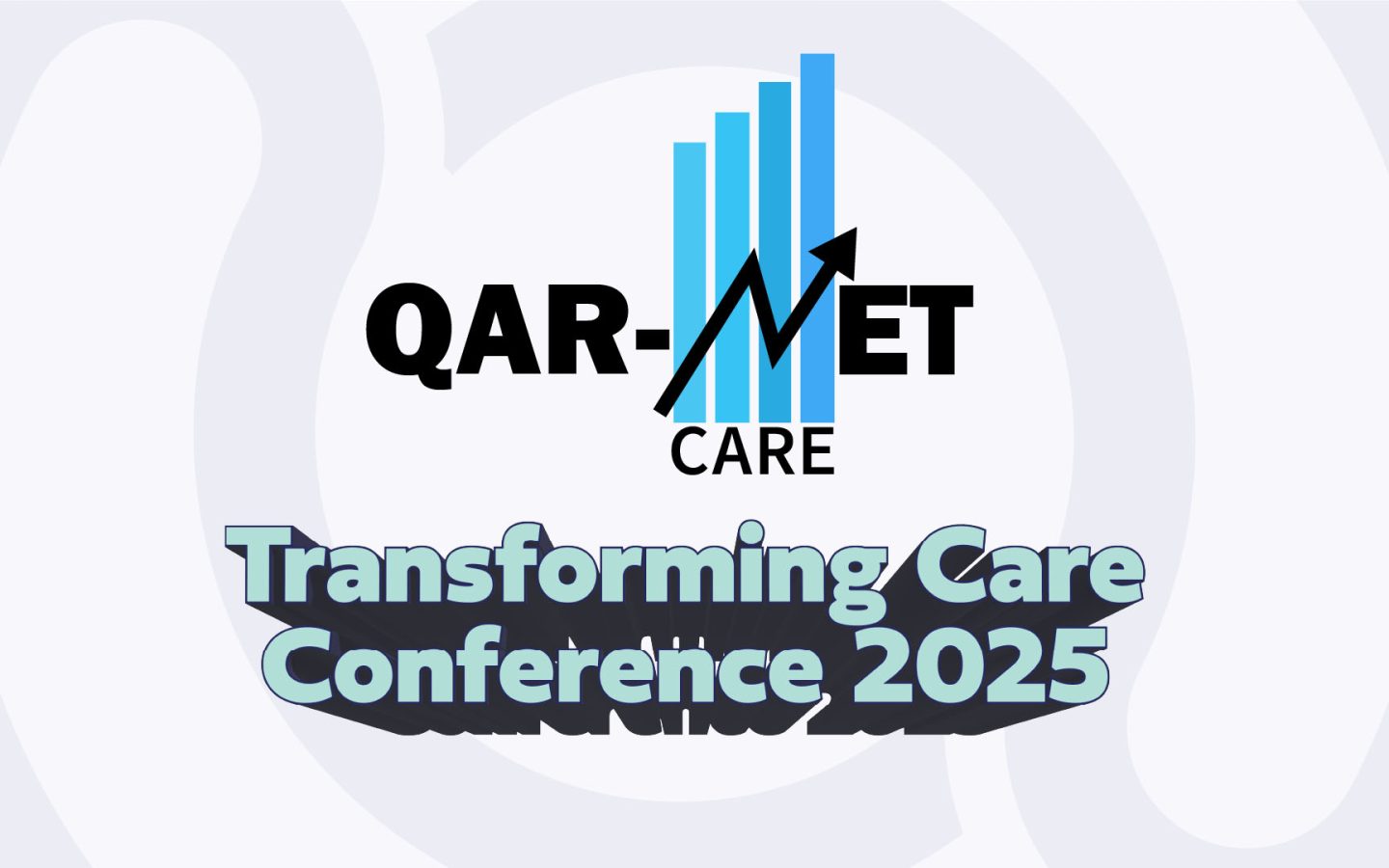A Quantitative Lens on Care Inequalities: Socioeconomic Disparities and Structural Barriers
Following on from our earlier announcement, we are excited to give a more in-depth overview of the research that will be showcased in our QAR-NET Care symposium at the Transforming Care Conference 2025, to be held in Helsinki, Finland, from 25-27 June. This session will bring together pioneering quantitative studies addressing persistent inequalities in care needs, access, and provision, with each project drawing on rigorous methods and novel datasets.
Our symposium, “A Quantitative Lens on Care Inequalities: Socioeconomic Disparities and Structural Barriers”, includes a compelling series of presentations, each offering unique insights into the changing landscape of care.
- Long-term care needs and fuel poverty among older people: Beyond energy consumption and affordability by Dr. Javiera Cartagena-Farías (London School of Economics): Fuel poverty has become a pressing public health issue, but its connection to long-term care needs remains underexplored. Dr. Cartagena-Farías investigates whether living in fuel poverty increases the likelihood of developing care needs or experiencing mental health decline, particularly among vulnerable groups. Drawing on a large, nationally representative longitudinal survey of older adults in England, the study uses Structural Equation Modelling to define fuel poverty as a latent factor. Findings reveal a strong association between fuel poverty, worsening mental health, and greater risk of needing long-term care. The research underscores the importance of addressing fuel poverty not only for health equity, but also as a preventive strategy in managing rising care demands—especially in the context of the ongoing energy and cost-of-living crisis.
- Association between becoming a carer and changes in the trajectory of cognitive function: Results from the English Longitudinal Study of Ageing by Dr. Baowen Xue (University College London): How does becoming a carer affect cognitive function—and does the nature of care provided make a difference? Dr. Baowen Xue addresses this critical gap by analyzing cognitive changes before and after individuals take on caregiving roles. Using data from the English Longitudinal Study of Ageing (2004–2023), the study matches over 3,200 carers aged 50+ with non-carers of similar profiles and tracks their memory and executive function over time. The findings show that new carers tend to experience a slower decline in executive function than non-carers, particularly when the care provided is non-intensive—such as fewer than 50 hours per week, caring for someone outside the household, or not caring for a partner. Memory patterns showed similar trends, though effects were weaker. Interestingly, differences were not influenced by gender or wealth. The research underscores the importance of preventing carer overload to maintain both caregiver and care recipient wellbeing.
- The Gendered Landscape of Informal Caregiving: Cohort Effects and Socioeconomic Inequalities in England by Dr. Maria Petrillo ( University of Sheffield): This study offers the first detailed cohort analysis of the gender care gap, examining how age, individual poverty, and neighbourhood deprivation intersect to shape patterns of unpaid caregiving. Using data from the UK Household Longitudinal Study, we apply two complementary methods: (i) multilevel mixed-effects logistic regression to analyse caregiving probabilities by sex across age cohorts, accounting for the hierarchical structure of the data; and (ii) MAIHDA (Multilevel Analysis of Individual Heterogeneity and Discriminatory Accuracy) to assess whether these factors interact additively or multiplicatively. Our findings show that individuals in later-born cohorts are generally less likely to provide informal care, with this decline being more pronounced among women. The gender care gap is most evident in the 1949–1958, 1959–1968, and 1969–1978 cohorts, particularly between the ages of 50 and 60. Both poverty and area-level deprivation significantly affect caregiving inequalities. Surprisingly, the gender gap is wider among individuals above the poverty line and those living in more deprived areas. Visual analyses from the MAIHDA models indicate that some subgroup outcomes diverge from additive predictions, highlighting the role of intersectional, multiplicative effects. These findings underscore that the gender care gap is not uniform but instead varies by cohort, age, income status, and geography. Policy responses must therefore move beyond one-size-fits-all approaches, recognising how gendered caregiving inequalities are shaped by overlapping social determinants.
- Labour market participation and Unpaid Care Work in the UK: An Intersectional Analysis of the Understanding Society Dataset by Christie Butcher (University of Sheffield): Unpaid caregiving often affects people’s ability to participate in the labour market—but how does this impact vary across different social groups? This paper addresses this question by examining how unpaid care influences employment, and how this relationship is shaped by intersectional factors such as age, sex, ethnicity, and health. The study uses understanding society data with Multilevel Analysis of Individual Heterogeneity and Discriminatory Accuracy (MAIHDA) regression models.
- Exploring the Gendered Employment Outcomes of Becoming an Unpaid Carer or Increasing Unpaid Care Hours in the UK between 2009 and 2022 by Harriet Ann Patrick (University of Sheffield): This research explores the labour market impacts of unpaid care, with a focus on gender and intersectional inequalities. Using Random Effects Within-Between (REWB) models and 12 waves of understanding society data, the study reveals sharp gender disparities, with women experiencing significantly more adverse employment impacts than men.
Visit the QAR-Net Care Stand!
Beyond our symposium, QAR-Net Care will have a dedicated stand at the conference, where attendees can learn more about our research, network with our members, and explore new opportunities for collaboration and have fun! We invite you to stop by, meet our team, and engage in insightful discussions about the future of care research. Don’t forget to take part in interactive puzzles and get a chance to win amazing goodies like gadgets, tote bags, and much more!
QAR-Net Care Second Workshop – Call for Papers (Coming Soon!)
Stay tuned for the call to our upcoming workshop which will be sent out in June.
You can find the round up of our previous workshop “Bridging Care Gaps: Exploring Impact on Lives and Societies” at https://centreforcare.ac.uk/updates/2024/08/qar-net-care-inaugural-workshop-round-up/.
For updates and more, follow us on our social media:
Website: https://lnkd.in/gyZXRyci
Linkedin: https://www.linkedin.com/company/qar-net-care/
Bluesky: @qar-netcare.bsky.social
And, most importantly, subscribe to our mailing list, to be always updated on our events!

